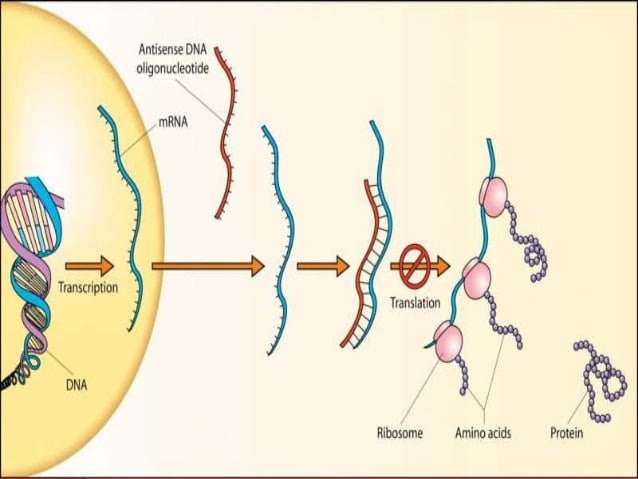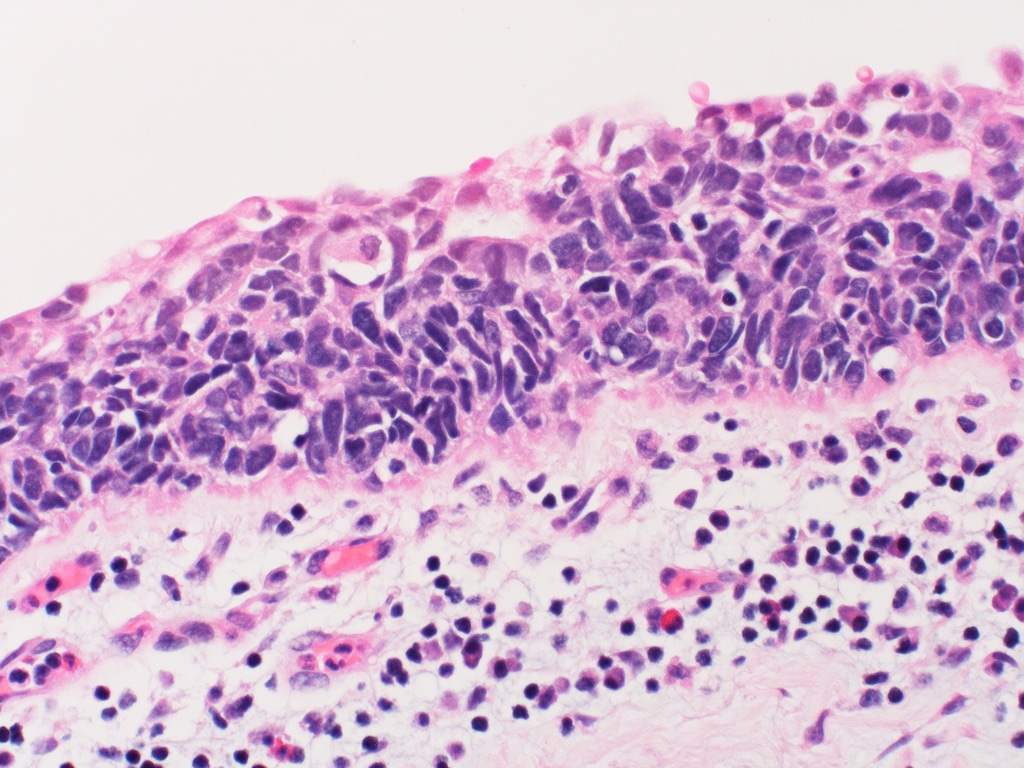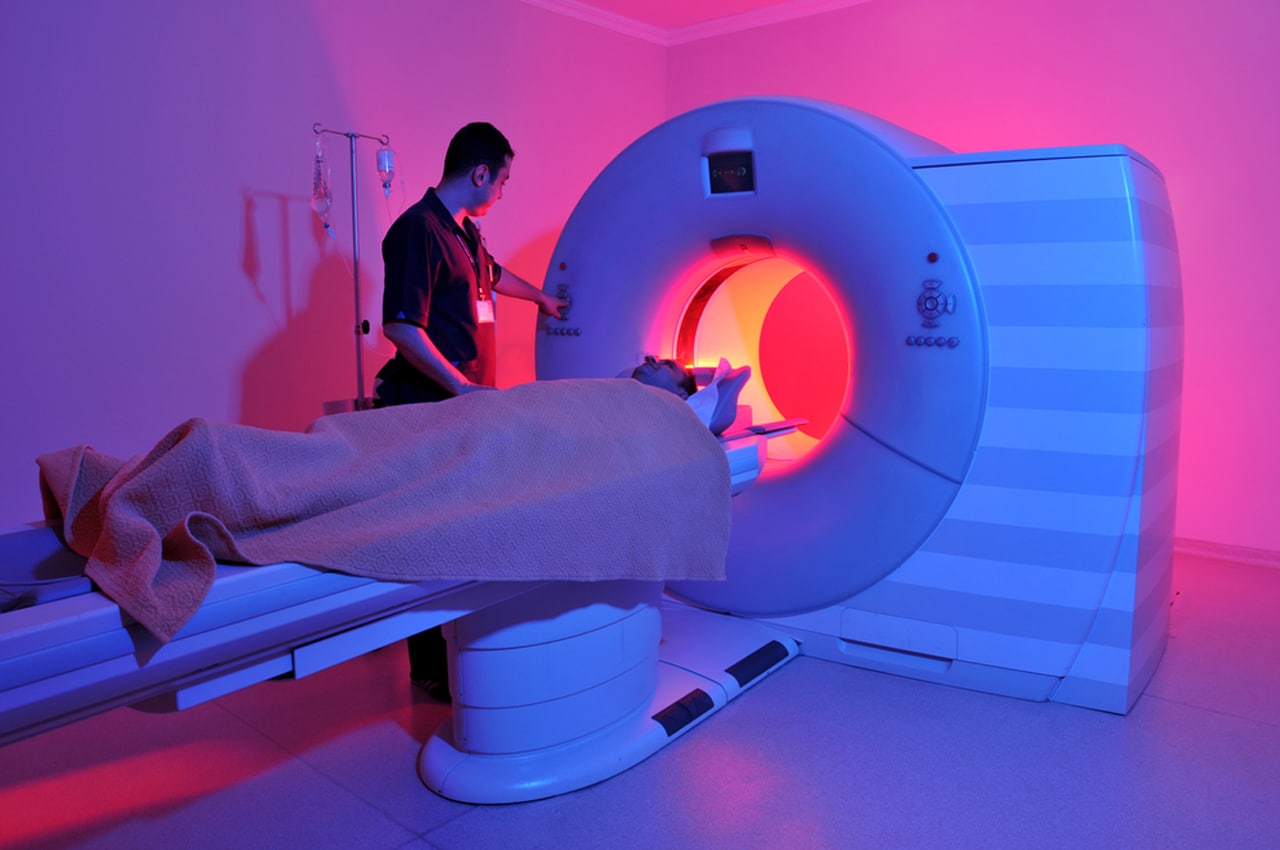In the 1980’s, William Coley, a surgeon at New York Memorial ( now known as Sloan Kettering Memorial Cancer Center) observed that some patients infected during surgery could reject their tumors. He noted that killed Strep. pyogenes and Serratia Marcescens (which he named Coley’s Toxin) could lead to similar rejection of tumor cells. He famously noted that Bacille Calmette Guerin (BCG) which is a vaccine strain of mycobacterium could lead to tumor regression. To this day BCG is used for the treatment of bladder cancer and is FDA-approved. BCG is the standard of care to treat superficial bladder cancer. The bacteria is injected into the bladder. It is then allowed to sit there for a little bit. When the urine comes out of the bladder, the bacteria enter the bladder and incite an immune response. The bacteria recruit inflammatory cells, neutrophils, macrophages, t-cells and cytokines. BCG also kills a lot of tumor cells itself. 60% to 70% of bladder cancer patients treated with BCG are cured.
Another type of effective immunotherapy is Allogenic Bone Marrow Transplantation. After high doses of chemotherapy and/or radiation, bone marrow is given from another person. A problem that could arise from this type of therapy however, is that the immune system from the donor could attack the patient. This is known as the graft versus host disease. But, removing the T cells from the grafts can reduce this problem.
Interleukin-2 “T-cell growth factor” is known to stimulate the immune system as well; and was approved by the FDA in 1992. Interleukin-2 is commonly used to treat kidney cancer and melanoma. When used to fight melanoma, Interleukin-2 combined with peptides that are found in the melanoma cells do a better job in fighting the cancer than just treating the melanoma with Interleukin-2 alone.
Immunotherapy is an fastly progressing field and many new advances are presently being considered.







Leave A Comment